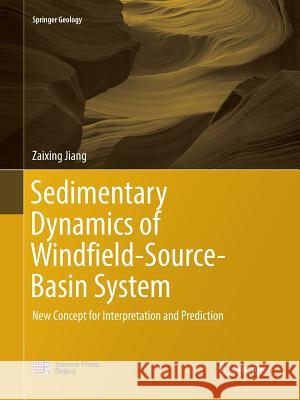Sedimentary Dynamics of Windfield-Source-Basin System: New Concept for Interpretation and Prediction » książka
topmenu
Sedimentary Dynamics of Windfield-Source-Basin System: New Concept for Interpretation and Prediction
ISBN-13: 9789811339493 / Angielski / Miękka / 2019 / 328 str.
Sedimentary Dynamics of Windfield-Source-Basin System: New Concept for Interpretation and Prediction
ISBN-13: 9789811339493 / Angielski / Miękka / 2019 / 328 str.
cena 603,81
(netto: 575,06 VAT: 5%)
Najniższa cena z 30 dni: 578,30
(netto: 575,06 VAT: 5%)
Najniższa cena z 30 dni: 578,30
Termin realizacji zamówienia:
ok. 16-18 dni roboczych.
ok. 16-18 dni roboczych.
Darmowa dostawa!
Kategorie:
Kategorie BISAC:
Wydawca:
Springer
Seria wydawnicza:
Język:
Angielski
ISBN-13:
9789811339493
Rok wydania:
2019
Wydanie:
Softcover Repri
Ilość stron:
328
Waga:
0.78 kg
Wymiary:
27.94 x 20.96 x 1.83
Oprawa:
Miękka
Wolumenów:
01
Dodatkowe informacje:
Wydanie ilustrowane











